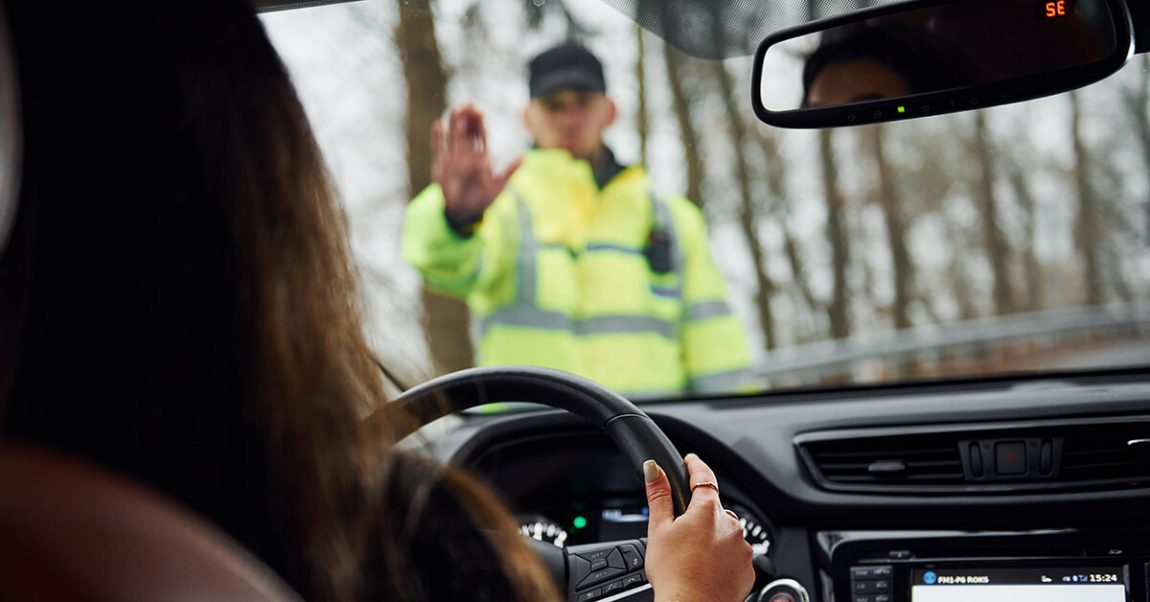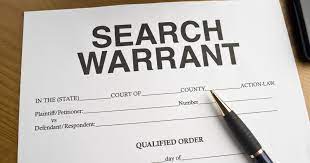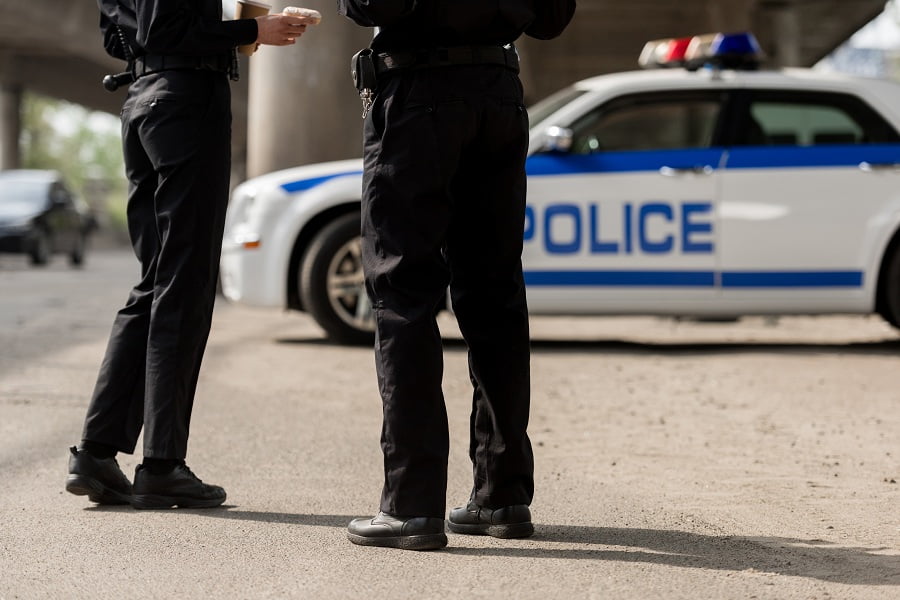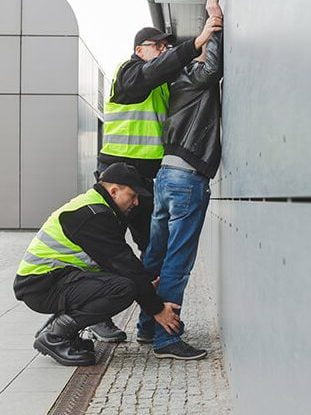
Queensland Police Searches: When They Don’t Have a Warrant
It’s not uncommon for police to search an individual, a vehicle, or their property without a warrant. This is because police are given the power by law to do so in certain circumstances.
Here are some things you should know about Queensland police searches, and what you should do to protect your rights on these warrantless searches.
Your Consent to a Police Search

The police can ask if you consent to a search, and it is your decision to say ‘yes’ or no’. In some situations, the law may allow them to proceed with their searches without permission.
When the police ask to search your car, it can be hard to know what you should do. It’s best not to give them permission because they probably need a warrant if they want to look inside of your vehicle. However, there are exceptions where you might have no other choice but allow an officer access without one. If needed, follow their directions accordingly so that this doesn’t become an issue later on down the road!
Permission to Search
Under certain circumstances, the police may conduct a search without your consent.
Private Property
Police searches on privately owned land in Queensland require both permission from the owner of said land and legal grounds before it can be conducted by law enforcement officials.
It is important to note that even with these conditions met, there must also exist “probable cause” which essentially means sufficient evidence exists indicating criminal activity has occurred at this location prior to its execution.
The police can enter and search your home without a warrant:
- to prevent domestic abuse or violence
- to investigate traffic offences (i.e. breath test for alcohol)
- to catch someone who has escaped from jail or been arrested
- to search for proof if they reasonably suspect there is evidence that may otherwise be hidden or destroyed
- to arrest someone
- to reach a crime scene
Vehicles

If a police officer has a reasonable suspicion that there is something in the car, they may stop, detain, and search it and its passengers. They can inspect and look for the following:
- a firearm or a weapon
- dangerous drug
- stolen property
- tools for breaking into houses or cars
- something that you intend to use to inflict damage on yourself or someone else
- indictable crime evidence, which may be hidden or destroyed
A police officer may also pull over, detain, and search a vehicle:
- to arrest someone inside the vehicle
- if they have a reasonable suspicion that the vehicle is being used in an unlawful manner
- if they have a reasonable suspicion that the car is being used by or is in the possession of a member of a criminal organization
If it’s not possible to examine the vehicle where it was detained, the police can transport it someplace else for the search.
An Individual

A police officer can stop and search you for the same reasons when they search vehicles as noted above.
Moreover, a police officer can also stop and search you if they reasonably suspect you are an accessory of a crime. When the police search you, they must adhere to a number of legal guidelines as well, such as:
- respecting your dignity
- ensuring any personal search only causes minimal humiliation
- if possible, limiting any public search to a frisk search
- if possible, conducting any more thorough search should be away from public view
- if a search is to be conducted, it is preferable for an officer of the same sex to do so unless an emergency necessitates it
During a search, the police may seize your belongings as evidence. They may also photograph or remove any objects they believe to be evidence of a crime having been committed.
When your home is seized, the police must give you a receipt for anything they took as soon as possible. When it’s no longer needed as evidence, they should return your stuff. Unless they get a court order, law enforcement may not keep your goods for more than 30 days.
If your property isn’t returned when you think it should be, you can file a complaint.
If you believe that police did not follow protocol or had no legitimate reason for searching your premises then contact an attorney immediately. We, at Bouchier Khan Lawyers are always available to give legal advice and represent you in court.

This article is of a general nature and is intended for information only. It should not be relied upon as legal advice. If you require further information, advice or assistance for your specific circumstance, please contact us at Bouchier Khan Lawyers.
